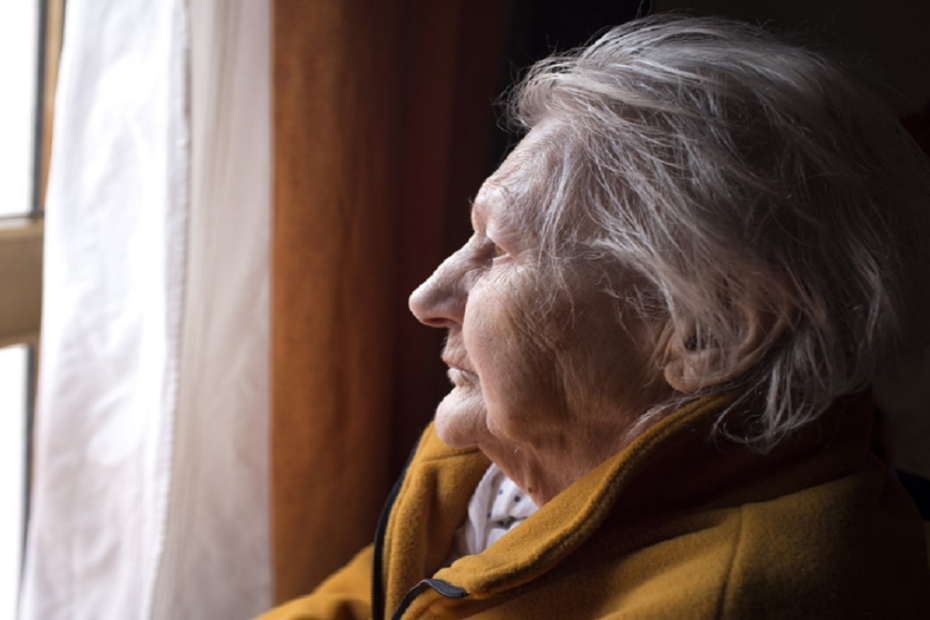Loneliness is a universal human feeling that can impact people of all ages. It has a painful effect on older people. The elderly may become more alone and alienated as the world around them changes and their connections change.
Signs of loneliness in elderly people might vary. It is especially true when our capacity to adjust to new stimuli alters our concentration.
To understand better, we will discuss the five salient signs of loneliness in the elderly.
Continue reading to learn more about the symptoms of loneliness in the elderly.
- Isolation and Social Withdrawal
Social withdrawal and isolation are the most evident signs of loneliness in seniors. Older people may experience a variety of hurdles as they age. It also has mobility limitations, health issues, and the deaths of loved ones.
It can make it harder to support connections and partake in social activities.
Lonely seniors may shun social meetings, community events, and family contacts. They also cut themselves off from support networks for emotional and mental well-being.
- The Decline in Personal Grooming and Appearance
A deterioration in personal maintenance and appearance is suggestive of loneliness. It may become less concerned with cleanliness and appearance. Untidy clothes, untidy hair, and a lack of personal care habits can all be signs that an older person is lonely.
When loneliness sets in, self-care may take a back seat. It is preferable to seek help from a senior care facility that fosters independence and increases the quality of life for our seniors through free choice, respect, dignity, and compassion.
- Unexplained Physical Symptoms
Loneliness can cause more than just mental discomfort. It may also harm an elderly person’s physical health. Loneliness and social isolation have been linked to a variety of health complaints.
It includes headaches, weariness, digestive issues, and even weakened immunological function. These unexplained physical symptoms might indicate that an older person is experiencing feelings of loneliness. It also emphasizes the value of treating the emotional side of their well-being.
- Changes in Sleeping and Eating Patterns
Loneliness can interfere with aspects of everyday living, such as sleeping and eating behaviors. A lonely senior may have trouble falling asleep, staying asleep, or keeping a regular sleep routine. Changes in eating patterns can also show underlying loneliness.
These interruptions in habits can have a cascading effect on both physical and mental health. It also leads to a cycle of isolation and the issues that come with it.
- Expressions of Sadness and Depression
The display of grief and depression is a poignant sign of loneliness in the elderly. When social relationships fade, feelings of pessimism, poor self-esteem, and general unhappiness might set in. They may lose interest in their favorite activities.
They lose their zest for life and become more distracted by unpleasant ideas. It is crucial for detecting and treating loneliness in older people before it worsens into a more serious mental health problem. If you are not sure how to handle this, you can learn more here.
Recognizing the Signs of Loneliness in Elderly
Recognizing signs of loneliness in the elderly is critical for improving their general well-being and quality of life. Be alert and take action to reach out to senior citizens who may be experiencing loneliness so they do not feel so alone.
It also ensures they receive the care, attention, and companionship they need to live satisfying lives. If you are worried, get expert assistance in overcoming loneliness.
Did you find this article helpful? If so, check out the rest of our blog for more informative content.
